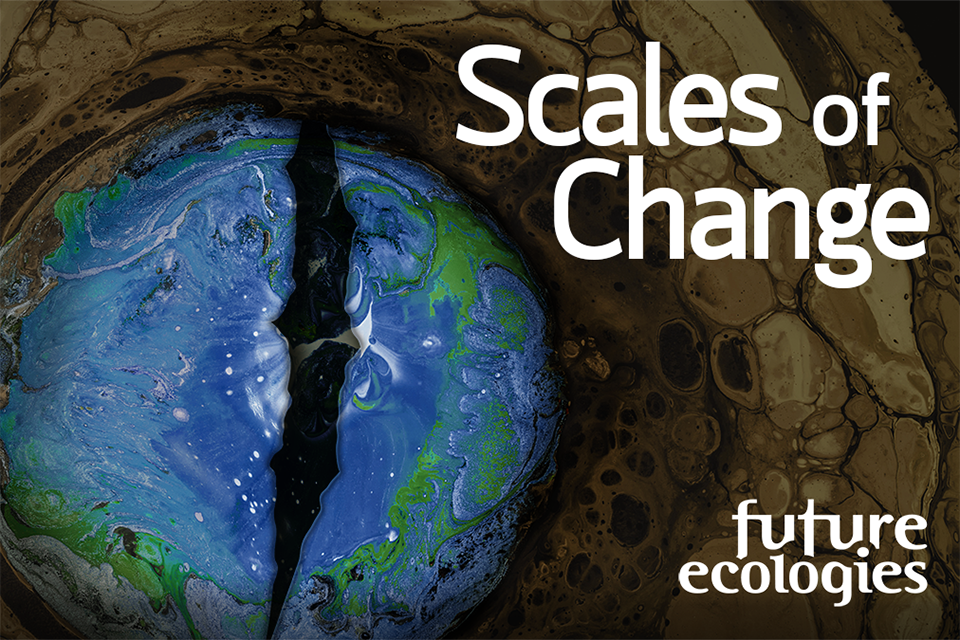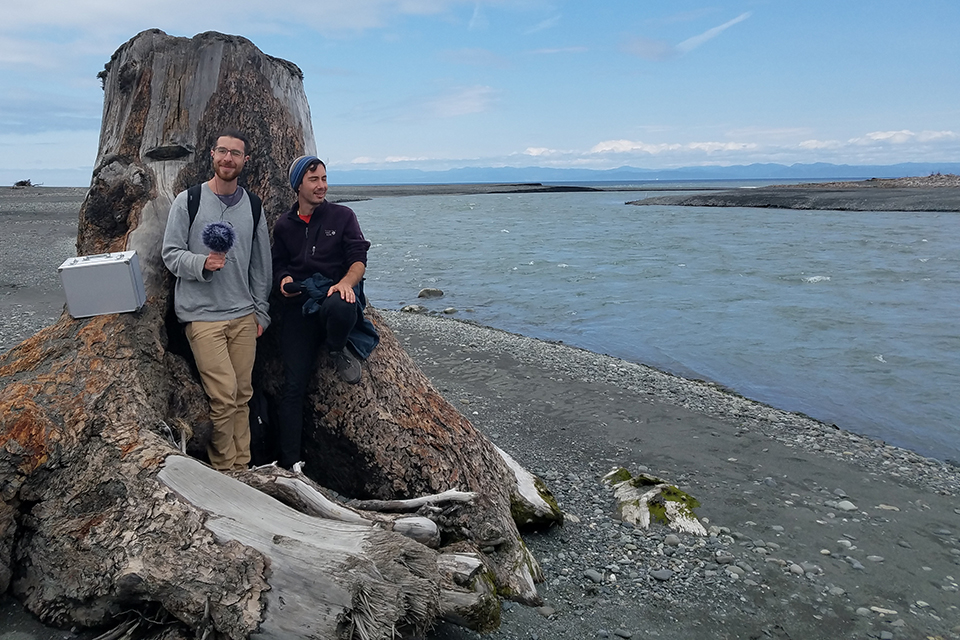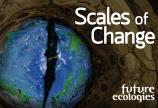Scales of Change: a new climate action podcast
- Suzanne Ahearne

One bright spot in the midst of the global pandemic is witnessing the collective action being taken around the world to protect ourselves and our health systems from collapse. So why haven’t calls to action around the climate crisis sparked the same kind of mass response?
Scales of Change: A field guide to the Dragons of Climate Inaction is a new podcast miniseries exploring the questions of climate inaction, produced by Future Ecologies with support from the University of Victoria. The eight-part weekly series launches May 13, 2020.
The foundation of the series is The Dragons of Inaction, the magnum opus of UVic environmental psychologist Robert Gifford. With the help of Gifford himself, co-hosts Adam Huggins (UVic environmental studies alumnus) and Mendel Skulski take a deep dive into the psychological barriers (the “dragons) that prevent us from addressing the urgency of the climate crisis. Organized like a taxonomy of mythical beasts, the dragons provide insight into what happens when our best intentions bump up against our fears, biases and rationalizations.
Skulski and Huggins talk with guests including filmmakers, activists, scientists, Indigenous land defenders, journalists, scholars and artists to deepen the conversation around making meaningful change—all woven together by a powerful immersive soundscape.
Listen online or subscribe to Scales of Change on Apple Podcasts, Spotify, Google Podcasts on your favourite podcast app.
Q&A with Mendel Skulski and Adam Huggins, Scales of Change creators and co-hosts

Q: Why did you create this podcast series about the Dragons of Inaction?
Adam Huggins: When we first heard about Robert Gifford’s Dragons of Inaction, it was almost like discovering a new language: it revealed a way to recognize and address the specific reasons why each of us struggles to adapt our lifestyle in the face of our changing climate. Like many environmentalists, we take issue with calls to action that reduce the climate crisis entirely to individual choices, as well as those that pin it completely on governments and corporations. True systemic change, the only path towards environmental justice, requires that we take aim at both. It allowed us to see the impacts of the dragons on all scales of society, from the individual to the global collective.
Q: How can podcasts become catalysts for deeper conversations and climate action?
Mendel Skulski: Compared to many other types of long-form media, podcasts are particularly easy to digest and share. A big part of this series is highlighting the need to evolve our climate change narratives, and to create space for community conversations so we can process and adapt to the global crisis on local terms.
Q: Why is this conversation important now?
Mendel Skulski: We are living in an age of extreme transformation and the international mobilization against the coronavirus has proven that rapid action is possible, and that all our ways of being are open for reimagination.
Q: Who did you design the series for?
Adam Huggins: Different dragons are relevant to each of us. By organizing the series along the seven “genera” of dragons, we saw a way to position each episode for various audiences: activists, artists, journalists, educators, technologists, policy makers, and anyone feeling demoralized by the gravity of our global predicament. The series is designed not only to uplift, but to provide concrete examples of climate action that can be copied and expanded upon.
Q: Why did you choose podcasting as your vehicle for science communication?
Adam Huggins: Unlike writing or movies, podcasts are uniquely suited to all the moments of the day when the eyes or the hands are otherwise occupied. A good storyteller can transport you, fill your mind with new ideas, and give you the intuition to put them to use. With sound, emotion and information are inextricable. When we started Future Ecologies, we set out to bring immersive sound design—that we admired on our favourite podcasts—to the subject of our enthusiasm: the endless beauty and complexity of life on earth. Our goal is to underline the ways that our relationship to nature is socially constructed, and therefore subject to change. We saw in podcasting the best opportunity to create art that people genuinely enjoy, and to foster ecological literacy and empower positive change.
Robert Gifford’s Environmental, Social and Personality Lab focuses on environmental psychology, climate change messaging and behaviour-change strategies, transportation alternatives, place attachment, commons or resource dilemmas, green buildings, gamification for sustainability, and cultural differences in these topics. Gifford’s research is supported by the Social Sciences and Humanities Research Council.
UVic is home to one of Canada’s largest concentrations of ocean and climate researchers and is a global leader in climate action. In its 2020 World University Rankings, Times Higher Education ranked UVic fourth among the world’s universities for climate action, for research and action taken to understand and respond to the global challenge of climate change


